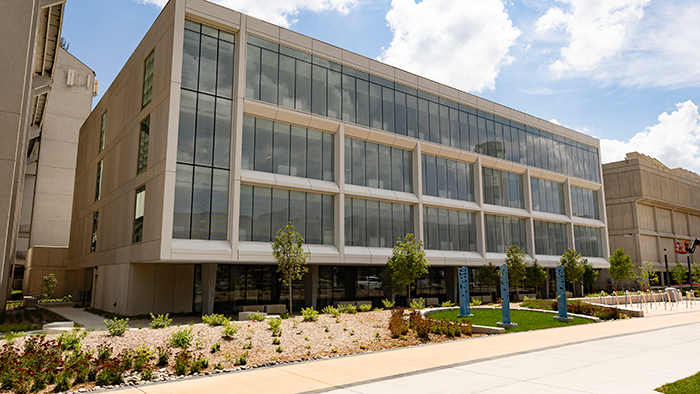
GGP Seminar: Dr. Aída Guhlincozzi - "Qualitative GIScience and Latina Health Geographies in the Chicago Suburbs"

- Date and time
- 2:30 PM - 3:30 PM, April 01, 2022
- Description
Dr. Aída Guhlincozzi, post-doctoral future faculty scholar, University of Missouri, will present her research. She will address the question, "How accessible is linguistically-appropriate health care to Latina women in suburban landscapes that were historically white and English-speaking?" Using survey research and network analysis, this paper presents the ways the varying identity factors of Latinas - particularly gender role in household, ethno-national identity, linguistic identity, and immigration status - traverse known health care access barriers. Identity is defined as "...a socially structured and historically informed process in relation to the U.S. nation-state and its citizens" (Hester, 2015). Focusing on what access looks like for Latina women, this project expands the linkages between these identities and the types of access associated with health care - availability, acceptability, accessibility, affordability and accommodation. With a case study in neighborhoods throughout suburban Chicago, this project takes steps forward in the process of disaggregating the monolithic identity of "Latinas" and exploring how these differences lead to varying levels of health care access. This paper suggests specific interventions for structural barrier-reduction to better serve minoritized communities, instead of a monolithic-Latina approach.
Guhlincozzi is in the departments of Geography and Women's and Gender Studies. She uses mixed methods in her research on health care accessibility to linguistically-appropriate physicians for Latinas, and immigrant and Latinx health geographies. Her research uses a culmination of interviews, surveys and GIS analysis. The spatial mismatch of health care access to Spanish-speaking physicians in the suburbs was recently published in the Journal of Latin American Geography, October 2020 issue, entitled "Buscando el cuidado': Spatial mismatch of physician services in Spanish for Latinxs in suburban Chicago." During the summer of 2019, she co-founded and co-led a camp for middle school girls of color. She is a founding board member of the AAG Latinx Geographies Specialty Group, and a co-author of a chapter on Quantitative Methods in the book, COVID-19 and Similar Futures: Geographical Perspectives, Issues, and Agendas.
- Event sponsor
- Earth, Environment and Sustainability, School of
- Admission
Free
- Open to public, alumni, current students, faculty, future students
- Location
Additional information
- Event contact
- Carroll, Tracy
- Academic Administrative Assistant II
- TracyCarroll@MissouriState.edu
- 417-836-5800
- Visit website
